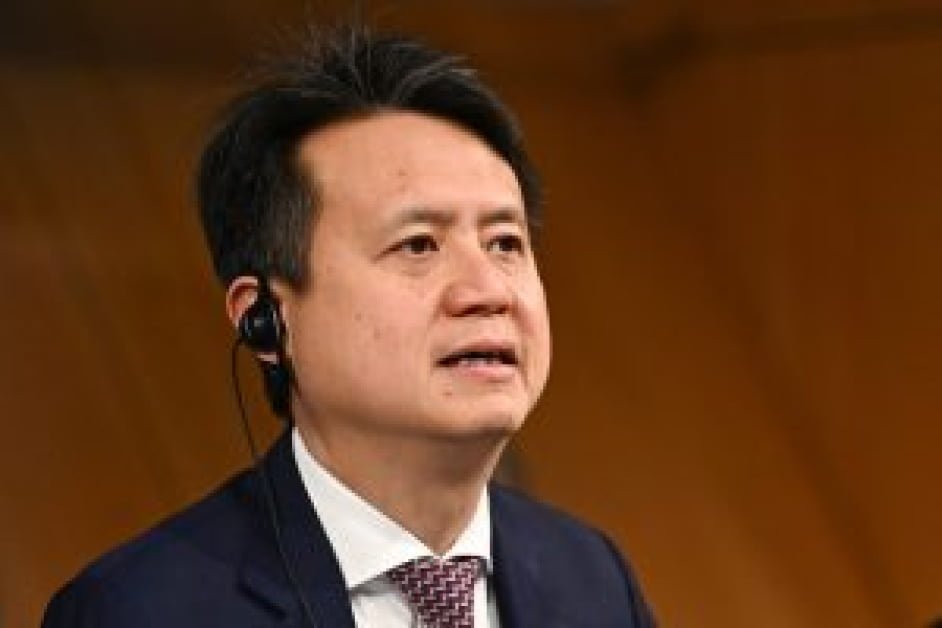China Leads in Generative AI Patents, Surpassing the US by a Wide Margin
Generative artificial intelligence (AI) has been a game-changer in various industries worldwide, sparking a race among nations to patent innovative AI technologies. In a recent study by the World Intellectual Property Organization (WIPO), it was revealed that China has emerged as the global leader in generative AI patent applications, surpassing all other nations, including the United States. This shift in patent activity raises important questions about the landscape of AI development and its potential implications for future technological advancements.
Unprecedented Growth in Generative AI Patents
China has significantly outpaced other countries in patent applications related to generative AI, according to a recent report by WIPO. The technology, which has the potential to enhance productivity and drive scientific discoveries, has been associated with approximately 54,000 inventions over the past decade, with more than a quarter of these inventions filed in the last year alone. This surge in patent applications reflects the rapid growth and interest in generative AI since it gained widespread attention in late 2022.
Tracking Generative AI Patent Trends
The WIPO report focuses specifically on generative AI patent applications, excluding broader AI technologies such as facial recognition and autonomous driving. The goal of this study is to provide insights into the development and trajectory of generative AI technology globally. Over the past decade, China has been at the forefront with over 38,200 generative AI inventions, followed by the US with nearly 6,300, South Korea with 4,155, Japan with over 3,400, and India with 1,350 patents.
Applications and Impact of Generative AI
Generative AI tools like ChatGPT, Google Gemini, and Baidu’s Ernie have enabled users to generate text, images, music, computer code, and other content across various industries such as life sciences, manufacturing, transportation, security, and telecommunications. While the technology holds great promise, some critics raise concerns about its potential impact on jobs and intellectual property rights.
Quality vs. Quantity of Patents
WIPO officials caution that the number of generative AI patents filed does not necessarily reflect the quality or transformative potential of the inventions. It remains challenging to predict which patents will have market value or lead to significant societal changes. The evolution of generative AI and its impact on society will unfold over time, making it essential to monitor trends and developments in the field.
Global Competition in AI Development
The US and China are often viewed as competitors in the AI race, with US tech companies leading in cutting-edge AI research and development. While China has surpassed the US in generative AI patents, the US maintains a strong position in releasing advanced AI models and foundation technologies. The US also leads in private AI investments, the formation of AI startups, and the development of AI foundation models like GPT-4 and Llama.
Looking Ahead
As the global landscape of AI development evolves, it is crucial to examine not just the number of patents filed but also the quality and impact of these inventions. Both the US and China play pivotal roles in shaping the future of AI technologies, with each country contributing unique strengths and capabilities to the field. By tracking patent trends, investment patterns, and technological advancements, stakeholders can gain valuable insights into the dynamic world of generative AI and its implications for society.


